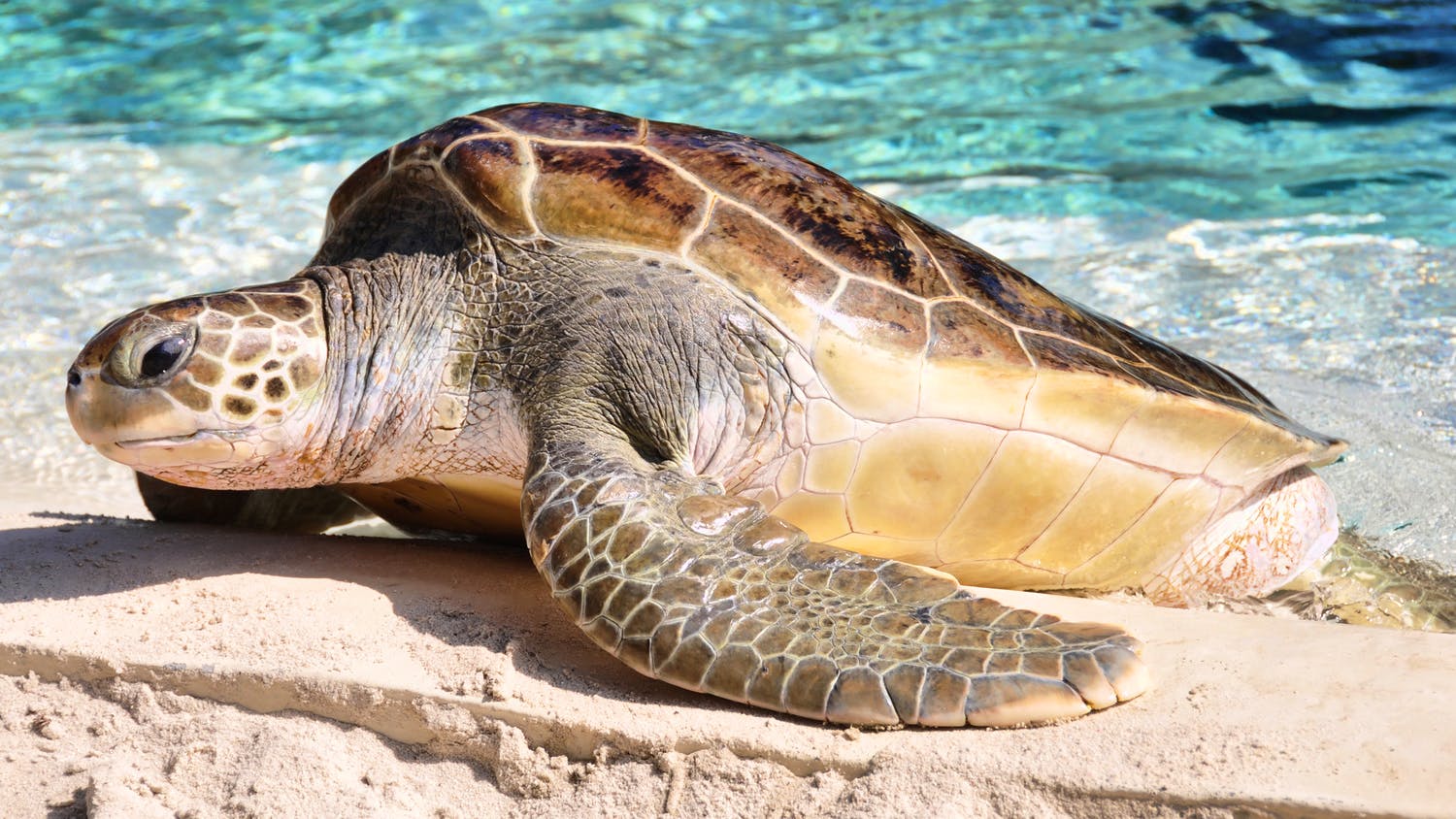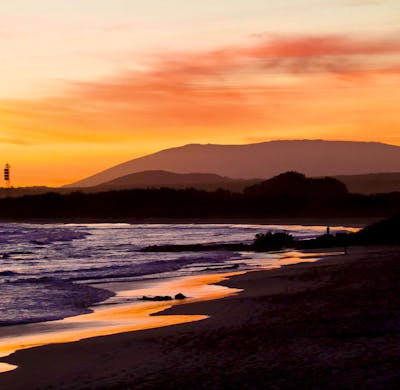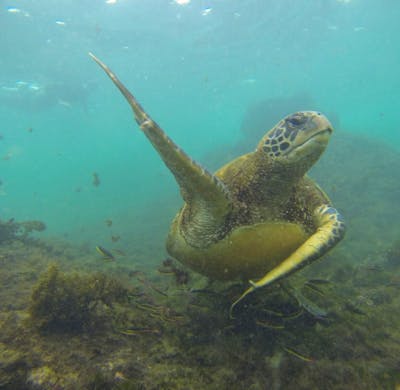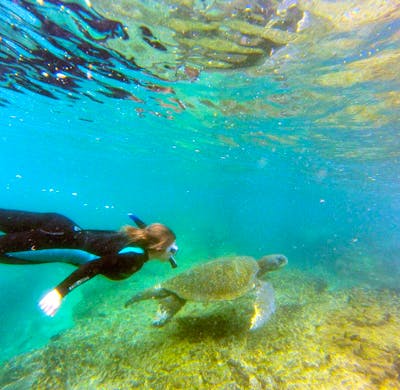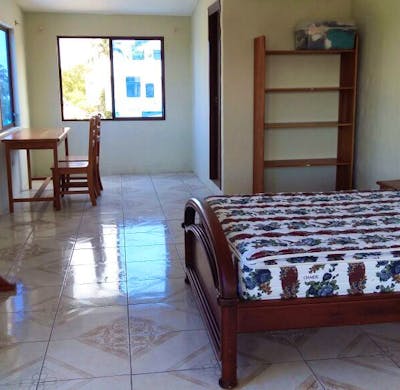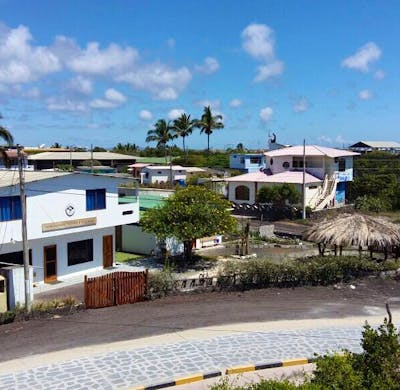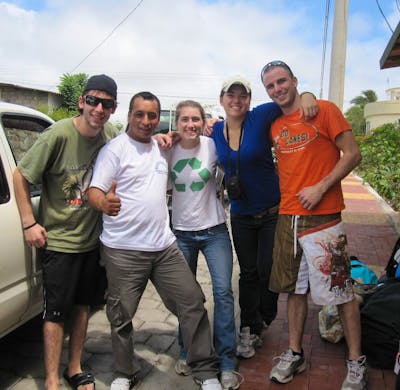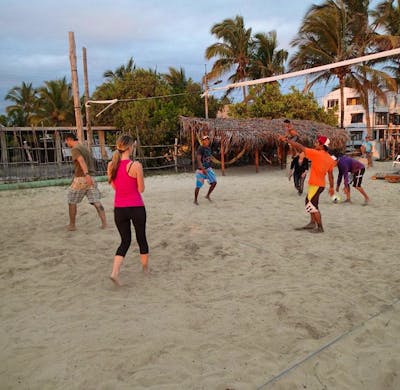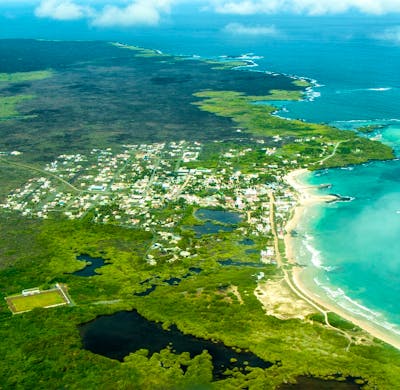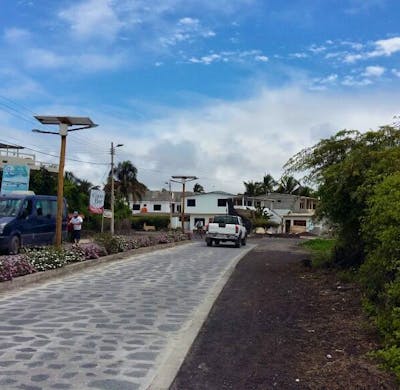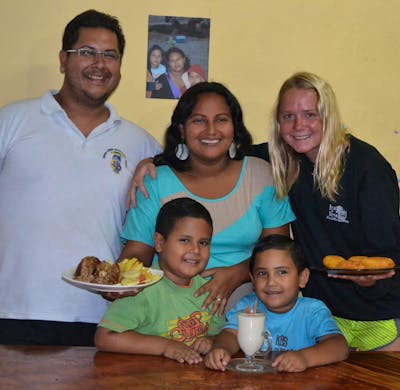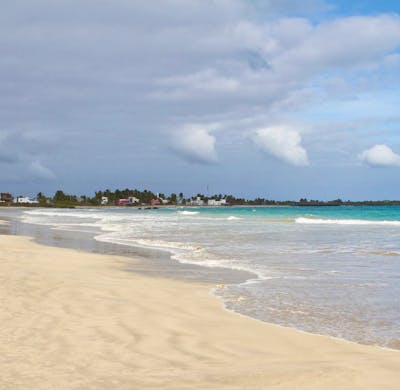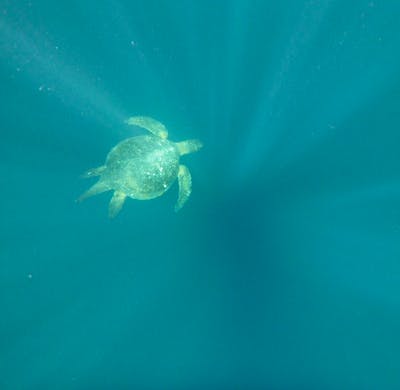Sea Turtle Nest Monitoring & Conservation
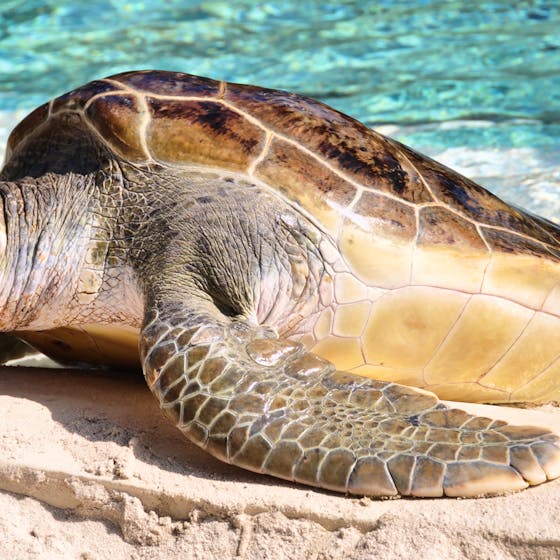

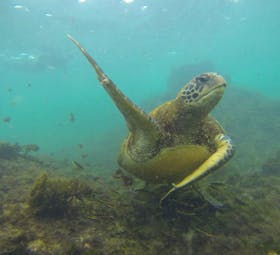

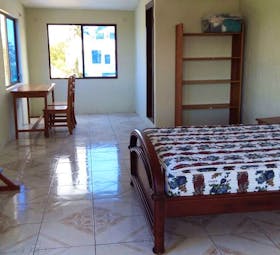
Punti Salienti
- Become part of a small and personal program aimed at turtle protection and conservation.
- Explore the beautiful coastline of Galapagos while monitoring turtle species and nesting patterns.
- Join a network of like-minded volunteers and environmental conservation experts.
- Combine volunteering with cultural exchange while staying with a local host family.
- Practice your Spanish with locals and your host family.
- Become part of a small and personal program aimed at turtle protection and conservation.
- Explore the beautiful coastline of Galapagos while monitoring turtle species and nesting patterns.
- Join a network of like-minded volunteers and environmental conservation experts.
Particolarmente adatto per
Sul programma
Help the Galapagos National Park by taking important baseline nesting data while patrolling 6 kms of stunning beach. 🐢
Role Overview:
Sea turtles in the Galapagos are at high risk during breeding season for a number of reasons: the adults are near the coast at this time, making them vulnerable to being hit by propellers of passing boats, and hatchlings are vulnerable to introduced predators to the island, such as ...
Giornata tipica
Schedule:
4 hours/day: 6am-8am and anywhere from 8pm-1am.
*The night walk does not have a set hour as this will vary and greatly depend on the high tide time when you are in Isabela.
Volunteers will have an atypical work schedule because turtle movement happens at first light or after sunset, so you ...
Attività del tempo libero
There is a lot to do in your free time! You can definitely look up tours in Isabela - there are many snorkel tours, scuba, hiking in the volcano, etc. There are also free things to do like snorkeling at the concha de perla, walking to the muro de lagrimas, various wetlands trails, etc. It is ...
Requisiti
Servizi inclusi
Cosa NON è incluso?
Dettagli all'arrivo
Arrivals are on Mondays and departures are on Saturdays or Sundays. Project staff will pick you up and drop you off on these days. Please ensure this works with your travel plans.
Tariffe del programma
Incontra il tuo ospite
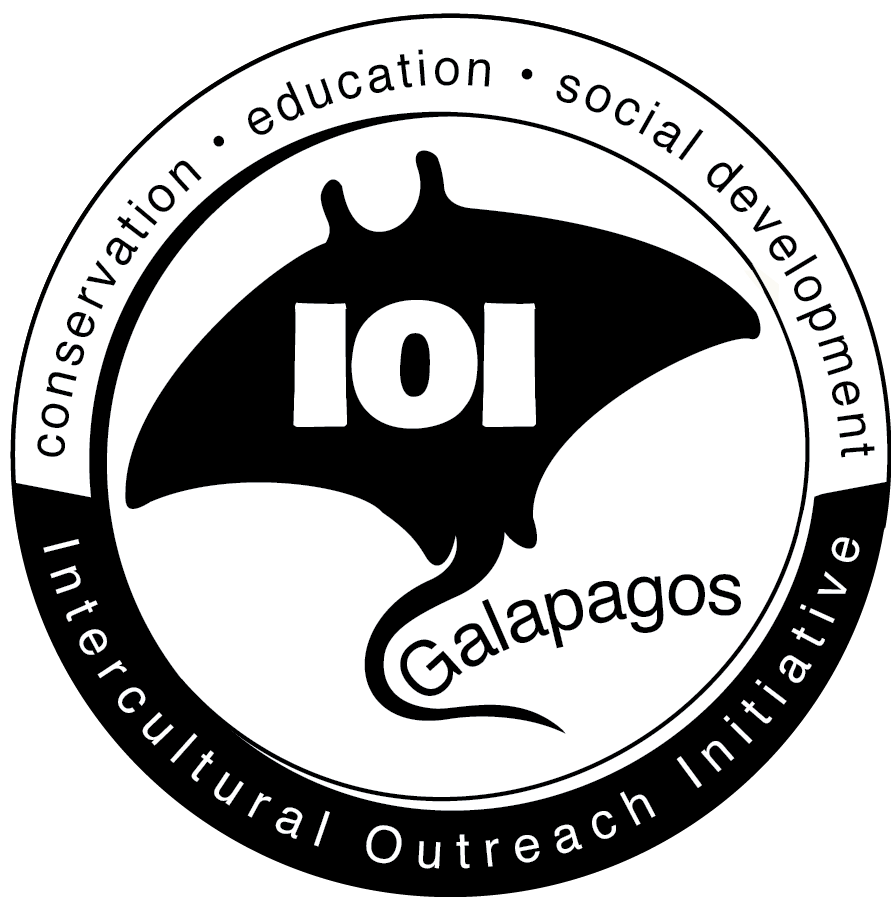
IOI - Empowering Galapagos
Non-profit - fondata nel 2006
Verificato da Volunteer World
Ospitato da
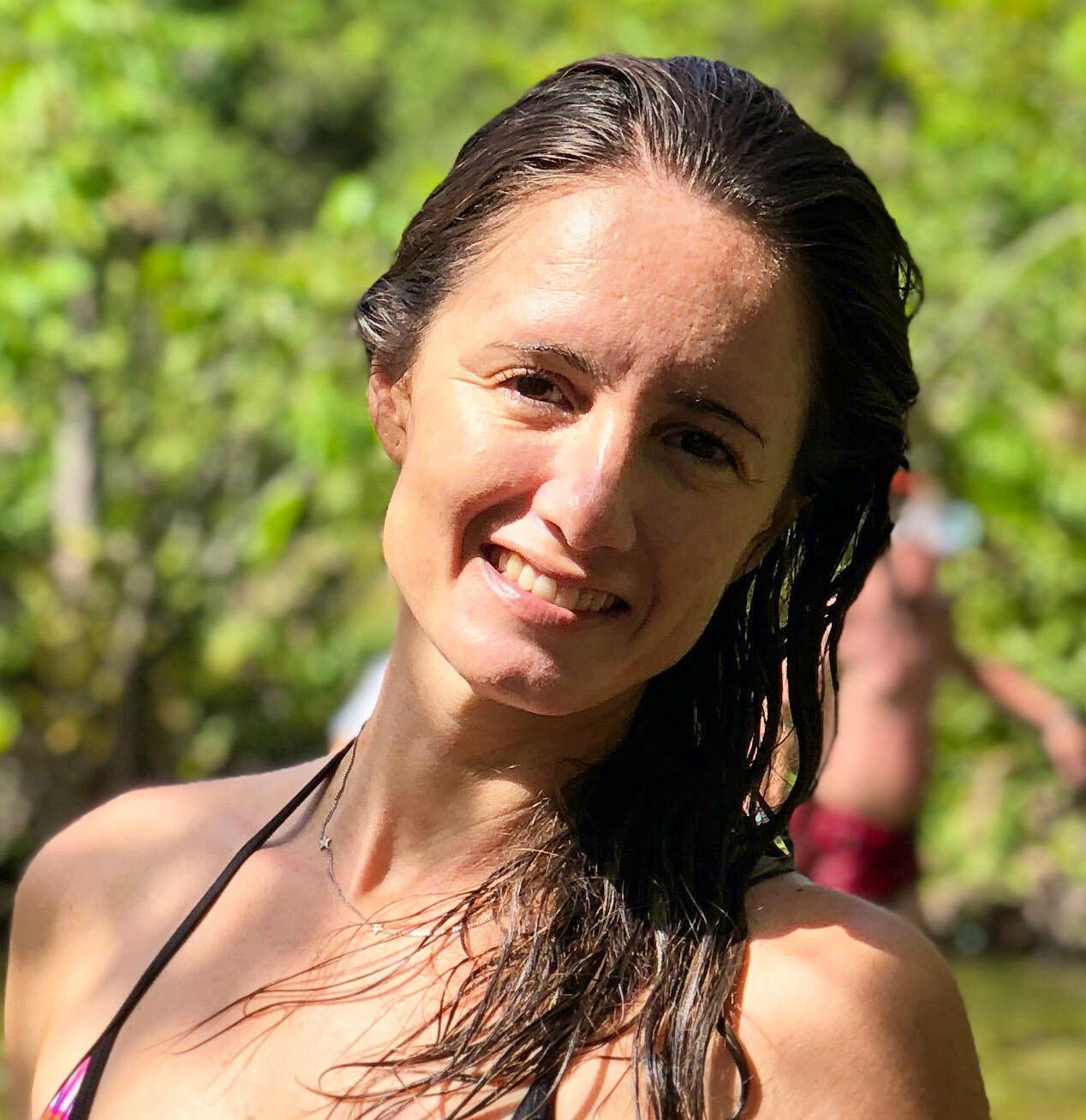
Monique
Sul progetto
37 recensioni ·  4.7
4.7
Posizione

Potreste essere interessati anche a
-
Galapagos
Premium
Salvaguardia della Tartaruga Marina
la tua Famiglia
America latina
piu dei 50 anni
Coppia
Progetti all estero
Volontariato in Inglese
Adulti
Gruppo
Umanitarie
